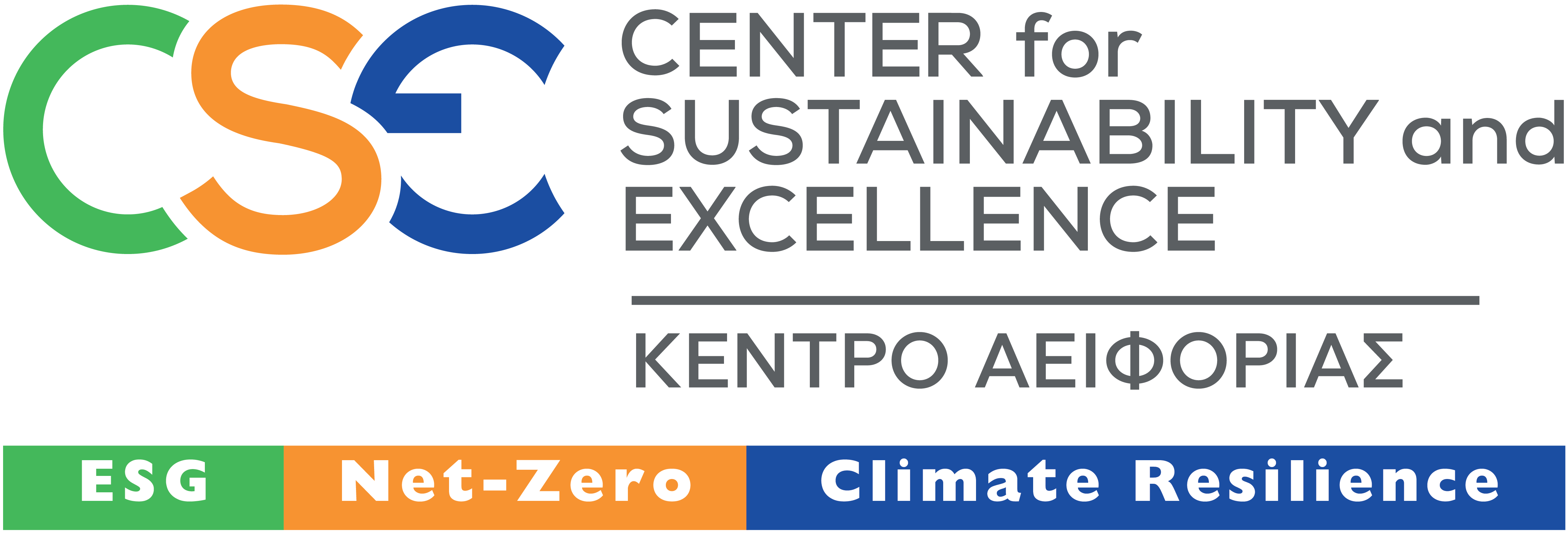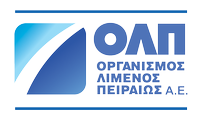The Sustainability (CSR) Report is a very important communication tool that captures and publishes the entire Sustainability (CSR) strategy – from development and implementation to integration and assessment. However, the challenge for this generation’s pool of sophisticated companies is no longer deciding whether to publish a Sustainability report. What remains significantly common is the challenge of effectively disclosing and being accountable for organizational performance, towards achieving a sustainable development.
Just in 2008, 74% of US companies were reporting ranking the nation 3rd in sustainability reporting (KPMG, 2008) and in 2010, more than 1850 Sustainability Reports were issued internationally (GRI).
The greatest hurdle remains the ability to effectively disclose sustainability performance, by establishing the Sustainability Context of operations. Once organizations decide they are ready to issue a Sustainability Report, they need to take a step back and conduct an internal and external review of their impact”. In other words, they need to determine what the content of the Report will be, otherwise what will they write about?
One of the first tasks that needs to be implemented is to assess current and future risks and opportunities that may result out of the Organization’s operation and active (or lack of) engagement with its stakeholders. This is a critical stage, because it enables the Organization to understand the various groups to which it must disclose information when reporting its sustainability progress. These groups will be interested to review the report, examine via what initiatives and actions the Organization is responding to their needs and expectations and to provide their feedback.
In addition, the Organization needs to evaluate all levels of its operations and identify the critical environmental, social and financial factors that affect current and future performance and viability, of course vis-a-vis internal and external stakeholder groups. By assessing the ESG impact of operations, the Organization can identify all sustainability issues that are material to its industry, location. Furthermore, by determining what gaps exist, the Organization can create a Sustainability action plan. This process enables the Organization to determine the areas to report to its stakeholders, per level of operation.
Of critical importance is also the manner by which the Organization opts to measure and report on performance. The Organization needs to make sure it is using valid methodologies and accepted guidelines, which assign the necessary measurement indicators that facilitate Reporting and also allow stakeholders to understand and comprehend on performance. Although there are a number of options to choose from, the most widely used and accepted guidelines are those of the Global Reporting Initiative (GRI) and of the Carbon Disclosure Project (CDP).
By effectively establishing the Sustainability Context of the Sustainability Report, the Organization can rest assured it communicates the correct content to the correct target audience, in the correct manner!
Ironically, as Organizations are in constant search of effective programs to engage with their stakeholders, they forget their most important asset…their Sustainability Report! What better way to approach your stakeholders, to ask them questions, to receive their feedback, than to use your Sustainability Report as the tool that will unite you with them. Using the Sustainability Report, the Organization can create events or implement community initiatives that will gather all critical stakeholder groups and via the establishment of innovative communication channels, build a more personal relationship that will be based on pillars of transparency and reliability!
All in all, the Sustainability Report is not solely for accentuating achievements but also mentioning areas for further development or even areas where impacts may not have been as impressive as others. What is and what is not included in the Report depends on the intended audience and stakeholders who are crucial in defining the direction of the organization. The objective is to present a balance picture of current ESG performance with the overall aim of building credibility, being transparent and achieving a two-way engagement with stakeholders.
CSE is a GRI Training Provider in Greece and offers Certified GRI Training for the effective publication of CSR Reporting in alignment with the GRI G3 Guidelines. The next GRI Training will take place in Athens, Greece between June 30th and July 1st. This course is provided as part of CSE’s annual Scheduled Training Program such as Sustainability (CSR) Practitioner which is scheduled to take place between June 22nd and 23rd in New York City and successively in San Francisco, Atlanta and Abu Dhabi until the end of the year. CSE has trained over 5000 executives and managers in leading companies around the globe and has the successfully facilitated the growth of qualified CSR practitioners for effective integration of Sustainability Strategy and Reporting in the public and private sector since 2005.








